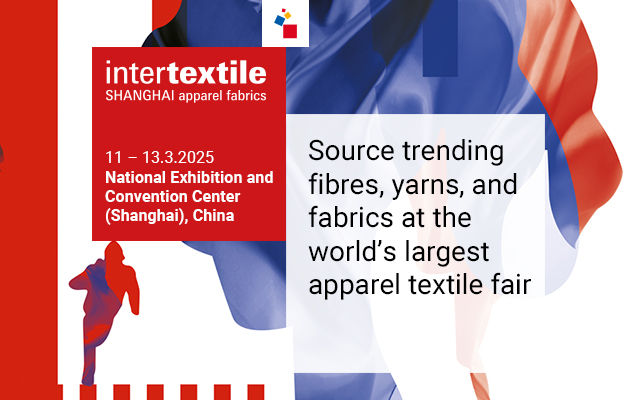With the near certainty that there is no possibility of reaching a global trade deal by the end of 2011, and to save face instead, the WTO members have opted to try and come up with a package to benefit the poorest countries.
Pascal Lamy, Director-General of the World Trade Organization (WTO) which is sponsoring the talks, said the focus now is to try and get an accord on duty-free quota-free access, easier rules of origin for exports from the poorest countries, and a "step forward" for cotton by the time trade ministers meet in Geneva on 15-17 December.
Least developed apparel exporting nations, spearheaded by Bangladesh, and cotton exporters led by Burkina Faso, speaking on behalf of the cotton four (which includes Mali, Benin, and Chad), have welcomed the move. But sources say that even with the talks on, the big issues - industrial tariffs, agriculture, and services - put on hold for at least the next six months, the package for the poorest countries might still be difficult to achieve.
Major problem areas are political sensitivities among major trading powers over cuts in cotton subsidies, and competing interests among poor developing country exporters. This includes concerns over erosion of preferential market access terms especially for apparel - by African LDCs (least developed countries) in rich markets, and by other developing exporters such as Pakistan.
Well-placed sources said the top priority for the US is to secure passage of the bilateral free trade accords with South Korea, Colombia, and Panama - and that the timing is not appropriate to add sensitive issues such as slashing cotton subsidies and greater access for major LDC apparel exporters like Bangladesh and Cambodia.
But cotton has also emerged as an issue of discord between the US and China. "We have always been honest that a cotton outcome that is disconnected from a broad and significant set of outcomes in agriculture ... would be hard for us, very hard," said Michael Punke, US ambassador to the WTO. He then blasted China for not having provided, since 2004, details to the WTO on its subsidies. "Everyone's cotton programmes must be on the table," he said. Punke indicated China "has initiated or significantly expanded subsidies benefiting its cotton sector. Let me be clear, we will not negotiate in the dark."
A Chinese trade official, speaking on the condition of anonymity, countered that US subsidies were as high as $3 billion and depressed world prices by 13%. This not only caused difficulties for poor cotton farmers in Africa and China but also "snatched the market share of poor African producers." In China, the share of subsidized US cotton soared from 17% to 43% from 1999-2005, he said, while the market share of the African cotton four has fallen below 10%. The only solution "lies in the elimination of the subsidies of developed countries in an expedited manner," he said. In 2009, China overtook the US to become the biggest subsidizer of cotton, with producers receiving $1.96 billion in 2009/10, a study by the Fairtrade Foundation had found out.
A Chinese trade official, speaking on the condition of anonymity, countered that US subsidies were as high as $ 3 bn and depressed world prices by 13%. This not only caused difficulties for poor cotton farmers in Africa and China, but also "snatched the market share of poor African producers." In China, the share of subsidised US cotton soared from 17% to 43% from 1999-2005, he said, while the market share of the African cotton four has fallen below 10%. The only solution "lies in the elimination of the subsidies of developed countries in an expedited manner," he said. In 2009, China overtook the US to become the biggest subsidiser of cotton, with producers receiving $1.96 bn in 2009/10, a study by the Faitrade Foundation had found out.
Originally Published in The Stitch Times, July-2011







Comments